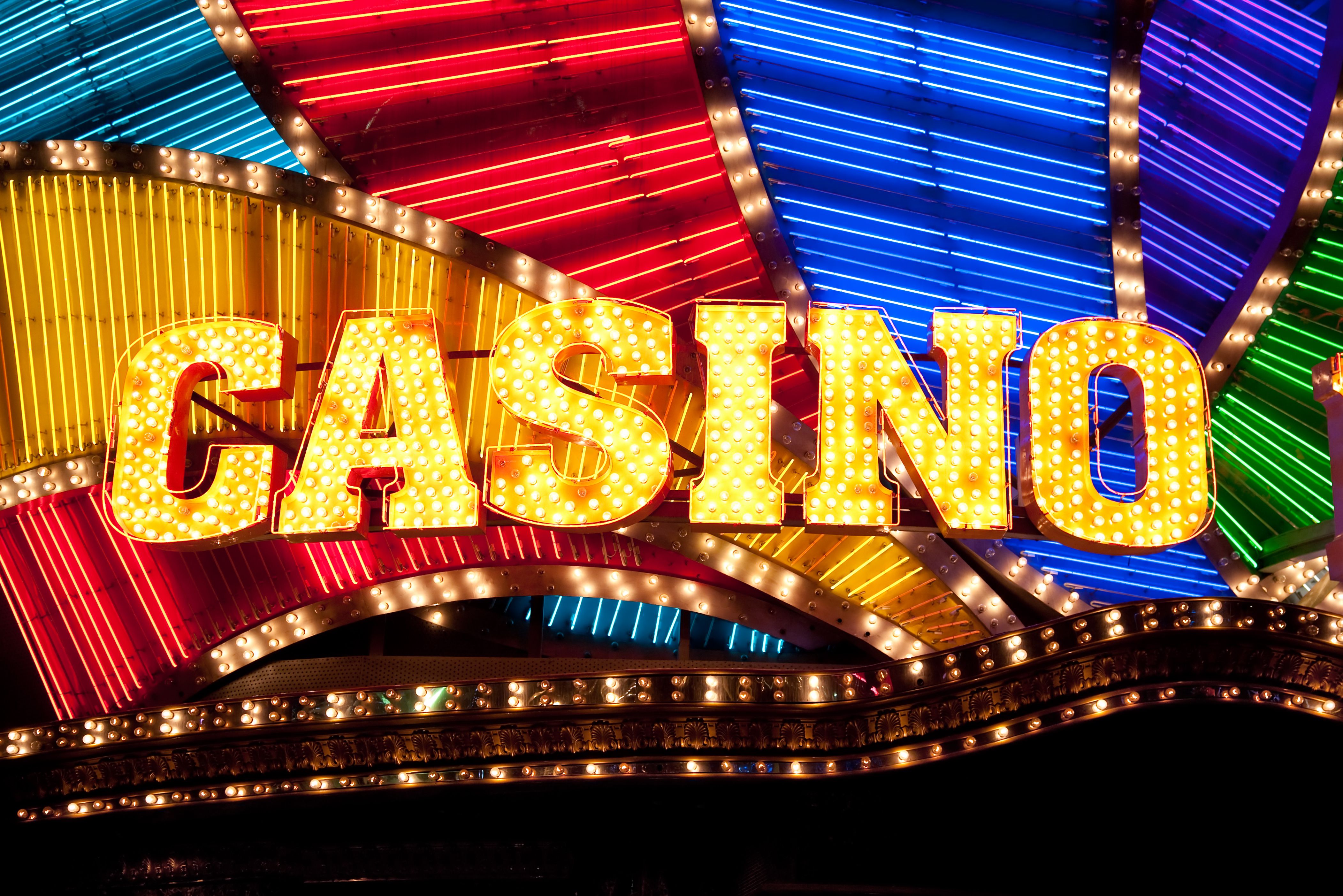
In the world of gambling, in which chance and strategy converge, a unique tapestry of beliefs unfolds—one that weaves together luck, fate, and the enigmatic nature of casino games. Casinos, bustling with excitement and anticipation, are not just venues for placing bets; they are also arenas where superstitions thrive. Ranging from the novice player to the seasoned gambler, these mysterious practices often shape how individuals approach the games they play, believing that their actions can affect the outcome in ways that go beyond mere probability.
When players gather around roulette wheels, blackjack tables, and slot machines, the atmosphere is thick with stories of lucky charms, rituals, and codified behavior that defy logic yet provide a sense of comfort. It could be the case that it’s wearing a specific outfit, following a particular sequence of bets, or even avoiding certain numbers, the attachment to various superstitions reflects a deep-rooted desire to master the uncontrollable. This article delves into the captivating world of casino game superstitions, examining the beliefs that both entertain and mystify those who dare to play.
Cultural Beginnings of Superstitions
Casino games have long been entwined with an host of superstitions that go back to early societies. The roots of these ideas can be linked to humanity’s fundamental need to influence the unpredictable outcomes connected with fortune and uncertainty. In primitive civilizations, activities of uncertainty were often connected to ritualistic practices. Players would call upon aid or ask for favor from deities, believing that their actions could change the odds in their benefit. Okwintv This groundwork laid the groundwork for the myriad of superstitions that developed as gambling evolved over centuries.
During the medieval period, betting became a popular hobby across European nations, and with it, a colorful tapestry of superstitions appeared. Participants adopted various rituals and charms, believing they could change the outcome of games. The value of numbers, in particular, started to show in superstitions pertaining to card games and dice. The number 7 was often considered favorable, while various numbers carried negative connotations. These ideas mirrored the social contexts of the time, changing as they passed through generations and transformed to different gaming environments.
As gaming establishments emerged in the 1600s, particularly in the Italian peninsula and France, the atmosphere surrounding gambling became imbued in enigma. The growing availability of gambling activities allowed for the spread and diversification of superstitions among players. Concepts like fortunate charms, specific seating locations, and rituals gained prominence, creating a special culture within gambling establishments. As these customs continued to thrive, they became integral to the essence of gambling activities, illustrating how the past and culture shape the belief systems that influence how participants interact with fortune. Bảng xếp hạng bóng đá
Widespread Gambling Myths
Beliefs surrounding casino activities are plentiful and varied, reflecting the hopes and fears of players as they engage in chance-based activities. One of the most common beliefs is that certain numbers bring fortune or misfortune. For example, the digit 7 is often seen as a lucky digit, frequently embraced by gamblers looking for a positive outcome. Conversely, the number thirteen is routinely considered cursed, leading many players to avoid it during their gaming sessions.
Another common belief relates to rituals that gamblers believe can affect their chances. Whether blowing on the dice before a roll, using a particular gesture to place a bet, or even putting on specific items of clothing, many people feel that these rituals can sway luck in their benefit. These rituals offer a sense of power in an otherwise random environment, reinforcing the idea that luck can be created through personal beliefs and habits.
Finally, the ambiance and atmosphere of the gambling house itself contributes to myths. Many players suggest that the presence of certain icons, such as four-leaved clovers or lucky tokens, can enhance their odds of winning. Additionally, gamblers might adhere to the belief that victory streaks can be halted by mundane events, such as a person walking past or a accident at the table. The shared environment in a casino can amplify these superstitions, creating a shared culture of myths that transcends individual encounters.
Impact of Superstitions on Players
Superstitions play a crucial role in the mindset of casino players, often influencing their actions and decision-making. Numerous gamblers think that fortune can be manipulated through various rituals, such as donning a talisman, selecting specific colors, or steering clear of particular digits. This reliance on superstitions can create a sense of control in an environment that is intrinsically unpredictable. Players frequently feel more self-assured and involved when they feel that their actions could sway the outcome of a game in their advantage.
The impact of these superstitions extends past singular players, affecting the overall atmosphere within the casino. For instance, a player who holds the belief in the luck of a certain slot machine might draw a crowd, as onlookers are intrigued by their apparent success. This collective belief can amplify excitement and create a lively environment, leading to an interesting experience even for those who may not necessarily be superstitious. The excitement around certain games can lead to higher participation and extended playing sessions, supporting the casino’s vibrant social scene.
In some cases, superstitions can lead to negative effects for players. Relying too much on rituals can result in poor gambling decisions, as some may ignore basic strategies in favor of baseless beliefs. Additionally, the pressure to perform rituals may heighten anxiety and stress levels, diminishing from the pleasure of the experience. Ultimately, while superstitions can enhance the thrill of playing casino games, they can also lead to foolish choices that overshadow the enjoyment and amusement intended in the casino experience.